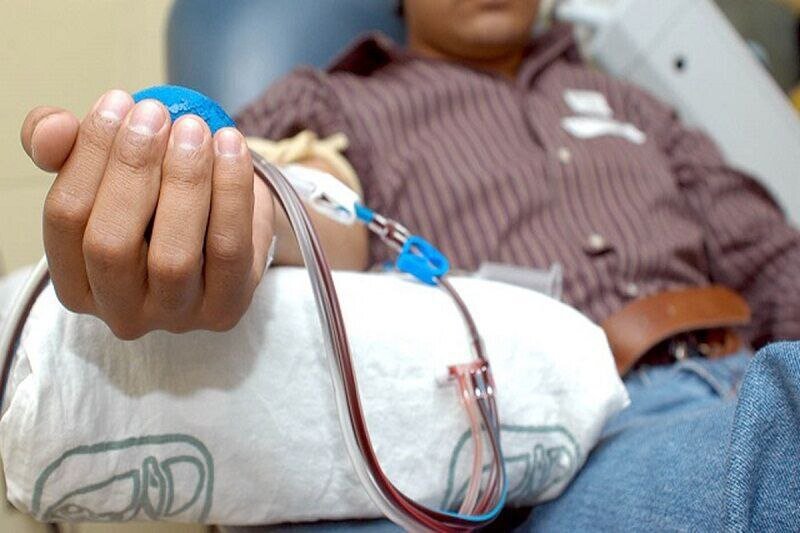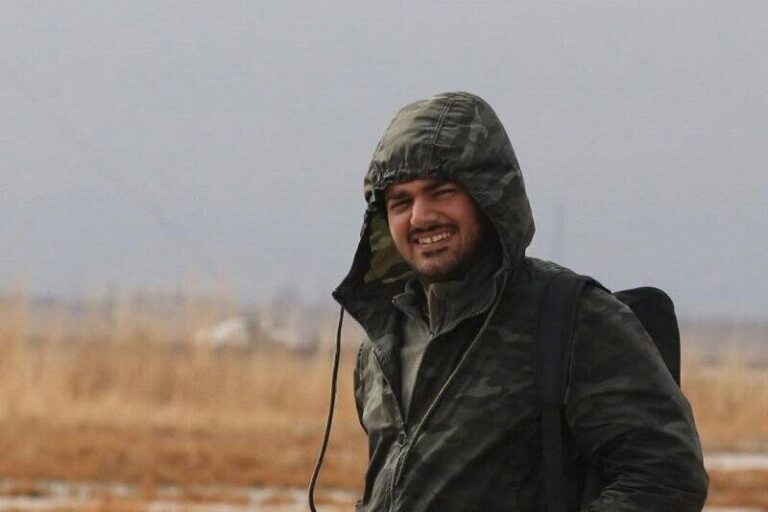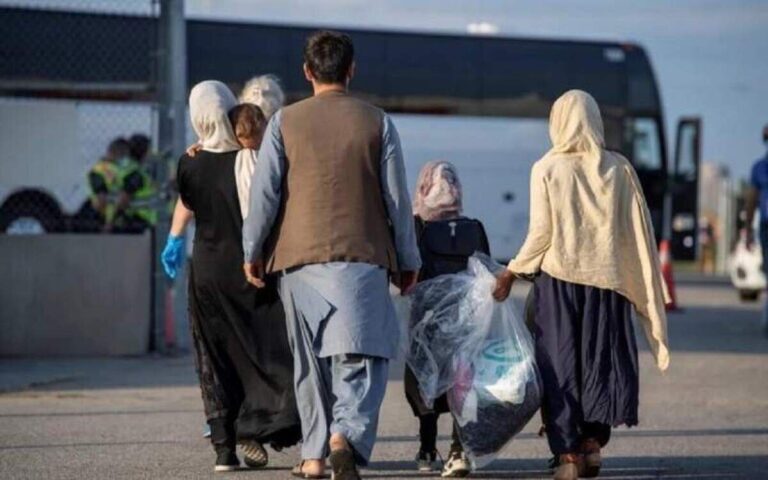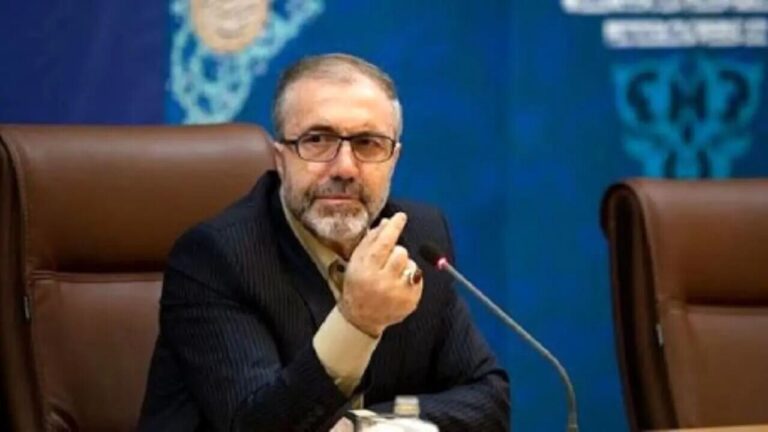Sanctions Linked to 26 Hemophilia Deaths in Just One Year, Warns Official
In recent reports, the Iranian healthcare system faces significant challenges due to sanctions, particularly impacting patients with hemophilia. Over the past Iranian calendar year, which concluded on March 20, a heartbreaking total of 26 individuals, aged between 9 and 50, lost their lives due to a lack of essential medications. This alarming statistic underscores the urgent need for improved medicine distribution and access for hemophilia patients in Iran.
Amin Afshar, the chairman of the board of the Iranian Hemophilia Society, emphasized the critical role of the Food and Drug Administration (FDA) in ensuring the fair distribution of necessary medicines for patients. He made these remarks on April 17, coinciding with World Hemophilia Day.
Understanding Hemophilia
Hemophilia is a serious inherited bleeding disorder primarily affecting males. It is characterized by the body’s inability to clot blood properly due to low levels of essential proteins known as clotting factors. The condition occurs in approximately 1 in every 5,000 male births. Those living with hemophilia can experience:
- Spontaneous bleeding within joints, leading to chronic joint disease and pain
- Bleeding in the skin, head, and brain, which may result in seizures and paralysis
- Excessive bleeding following injuries or surgeries
- Life-threatening situations if bleeding occurs in vital organs, such as the brain
Currently, Iran has about 14,000 registered hemophilia patients. However, the shortage of medications, specifically for factor 8 and factor 9 hemophilia, poses a grave risk to their lives. This shortage is exacerbated by issues in the distribution system, which suffers from inadequate monitoring. As a result, many hemophilia patients are unable to access the treatment they desperately need, leading to severe health consequences, including disability.
World Hemophilia Day: Raising Awareness
World Hemophilia Day serves a vital purpose in promoting coordinated actions to achieve the World Federation of Hemophilia’s vision of “treatment for all.” This year’s theme, “Access for all: Women and girls bleed too,” highlights the ongoing underdiagnosis and lack of services for women and girls with bleeding disorders. The global community is called upon to take action to:
- Increase recognition and diagnosis of bleeding disorders in women and girls
- Improve treatment and care options
- Enhance the overall quality of life for affected individuals
By addressing these issues, the bleeding disorders community can strengthen its efforts and ensure better outcomes for all patients.
Impact of Sanctions on Medical Supplies
The current medicine import crisis in Iran has been largely attributed to sanctions. In November, a senior FDA official revealed that these sanctions have severely affected pharmaceutical imports, leaving patients with critical health needs vulnerable. The Iranian government is actively seeking alternative pathways to secure essential medical supplies amidst these challenges.
During a recent nursing equipment exhibition in Tehran, Fereshteh Mirzazadeh, the deputy head of the FDA, shared updates on the measures being implemented to overcome supply chain obstacles. She stated:
“We are working to open special air corridors, collaborate with international firms, and strengthen domestic production. These strategies are essential to securing the medical supplies needed by our population.”
The commitment to explore new avenues for securing medications is crucial as the Iranian healthcare system strives to meet the needs of its citizens, especially those suffering from chronic conditions like hemophilia.
Conclusion
The plight of hemophilia patients in Iran is a pressing issue that requires immediate attention. With the loss of lives due to the unavailability of essential medications, it is crucial for authorities to prioritize equitable medicine distribution and enhance their healthcare infrastructure. As the world observes Hemophilia Day, it is a reminder of the ongoing struggle faced by individuals with bleeding disorders and the urgent need for comprehensive solutions. Stakeholders, including government bodies and healthcare organizations, must work collaboratively to ensure that individuals, regardless of gender, can access the treatments they need.






